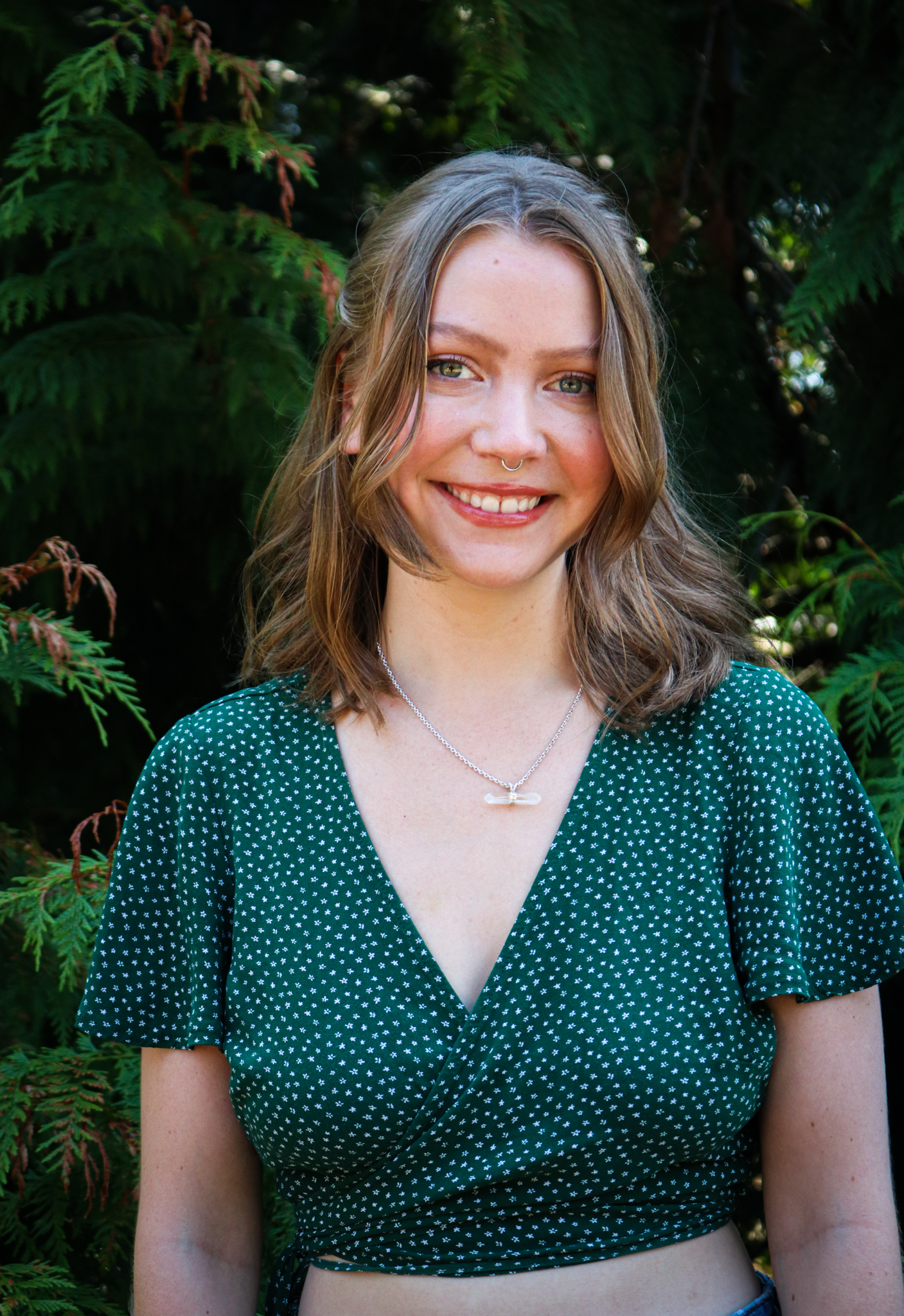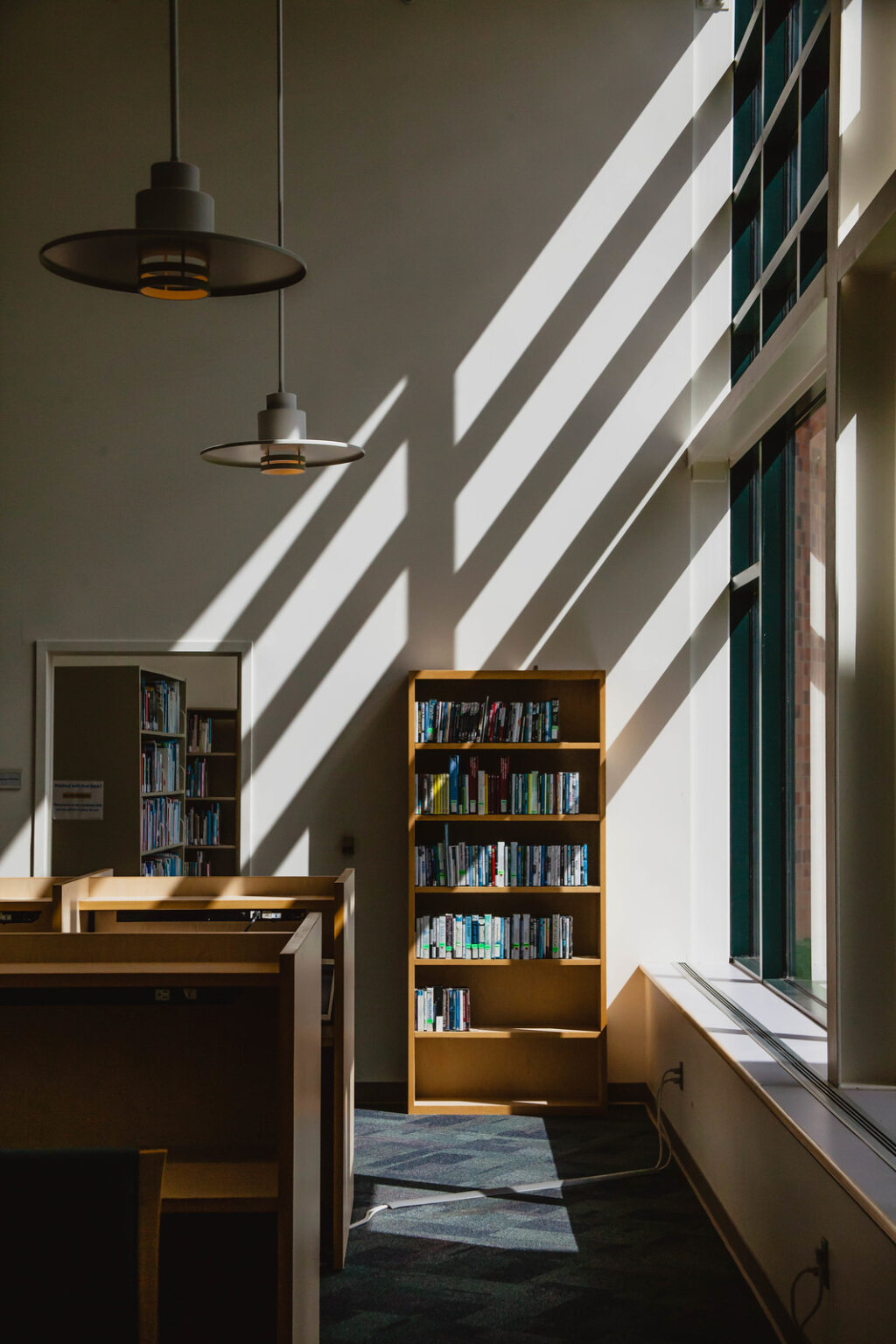On April 5, WSU Vancouver and Fort Vancouver Regional Library librarians joined to discuss prevalent issues of book banning and maintaining intellectual freedom. The event “We Are Not Neutral: A Conversation on Book Bans and Library Values” explored how and why censorship has become widespread in the U.S., and served as the final installment of WSU Vancouver’s library event series “Our Communities: Actions Towards Justice.”
According to the American Library Association, in 2021, the Office for Intellectual Freedom tracked 729 challenges to 1,597 individual book titles, many of which deal with subjects like race, gender and sexuality. The top challenged book of the year, Maia Kobabe’s graphic novel “Gender Queer: A Memoir,” has been challenged for its LGBTQ content and alledged sexual explicitness. Other challenged books include Jonathan Evison’s “Lawn Boy” and George M. Johnson’s “All Boys Aren’t Blue,” both of which discuss gender nonconformity and queer sexuality.
So, what happens when a book is challenged, and what does censorship mean for community members in libraries? Jamie Bair, a Fort Vancouver Regional Libraries librarian, said there are three different kinds of censorship – book bans, challenges and soft censorship.
According to Bair, the public library experiences soft censorship often. Soft censorship includes removing specific sections of a challenged book, making decisions about which authors to invite to public speaking events and patrons choosing to remove books from the library of their own volition. According to Maggie Novario, another librarian from Fort Vancouver Regional Library, soft censorship entails not only consequences of large-scale book bans, but underlying social issues as well.
“It’s not just major decisions about taking materials out of access for patrons,” Novario said. “It’s also about smaller, localized efforts to remove books written by people of marginalized communities.”

Book challenges, a common form of censorship, occur when somebody voices their desire to have a book removed because of its content. Often, it is because “a book explores topics of sexuality or explores the lived experiences of racial identity,” as explained by Sam Buechler, WSU Vancouver’s student success library faculty resident. Challenges can lead to soft censorship and even a book being banned entirely. In this case, the institution physically and digitally removes access to specific titles.
In response to the wave of censorship sweeping the country, many librarians are discussing the idea of library neutrality, which, Buechler said, is the long-held idea that libraries are neutral entities that simply provide information without taking a stance on their collection, information or patronage.
“[Neutrality is] just categorically false. As we know, being neutral is in itself a stance. When these challenges come through, and we take a neutral stance, what we are essentially doing is taking the stance [of those whose] voice is doing the challenging,” Buechler said.
During the event, participants discussed how libraries can advocate for marginalized people in their communities by creating inclusive spaces, both physically and digitally. Furthermore, providing resources for such groups includes sharing their voices in a library’s collection and wherever possible, according to Sam Lohmann, WSU Vancouver’s reference coordinator and information access librarian.
“[I think it’s important to] be proactive about building a diverse collection and having a written policy explaining the reasons for that, and [to have] plans in place for responding to book challenges when they come up,” Lohmann said.
When concluding their talk, each speaker deemed importance to having access to book titles involving diverse perspectives essential for an adequate learning environment. For those contributing to spaces of higher education, as Novario said, “we are the stewards of intellectual freedom.”

Arabelle is a senior studying English at WSU Vancouver.
